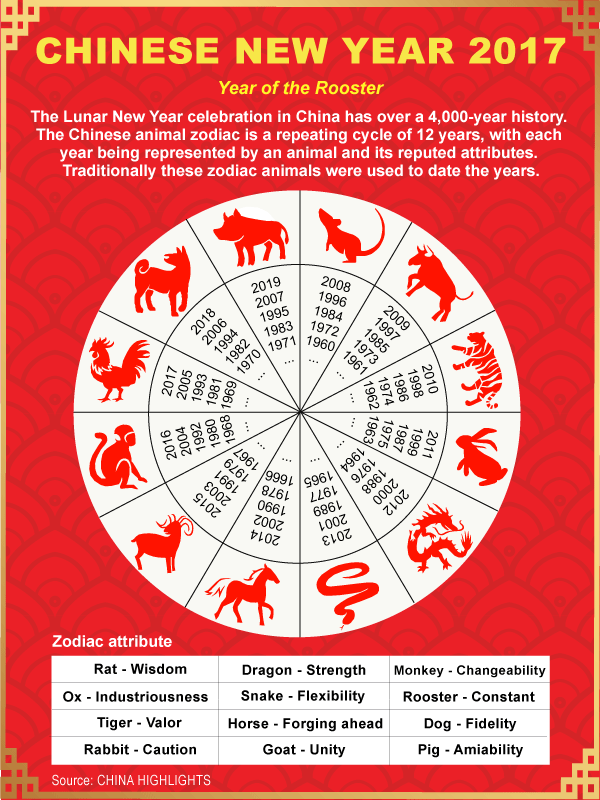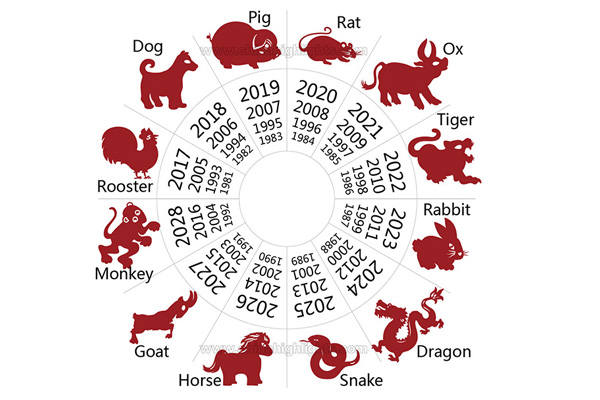


In November 1992, Deng became dissatisfied with the slow and cautious pace of economic reform that was advocated by conservative leaders such as Li Peng and Yao Yilin. After the massacre, Deng retired from public life almost completely. While blame for ordering the troops in was pinned on lower-ranking leaders, there seems little doubt it was Deng who gave the crucial order to shoot to kill. The same principle is also applied when reunification with Taiwan is proposed.Ĭomrade Deng Xiaoping in his South Investigation Tour to Shenzhen, 1992ĭeng’s reputation was tarnished by his role in the 1989 crackdown. With the "One Country, Two Systems" (一国两制, Yiguo liangzhi) principle that he formulated, China was able to resume sovereignty over Hong Kong (1997) and Macao (1999). On the basis of Mao’s dictum "seek truth from facts" (实事求是) that Deng propagated, a new pragmatism could take root in Chinese politics. In the political arena, Deng was active in neutralizing the harmful effects of Mao’s radical policies that had culminated in the Cultural Revolution. As a result, Deng is widely seen as the "Chief Architect" of the Chinese economic reforms.Ĭomrade Deng Xiaoping inspects the troops, 1988 This strategy, the Four Modernizations (of agriculture, industry, national defense and science & technology) was based on a blueprint that he and Zhou Enlai had drawn up in the early 1970s. Having thus secured his political base, he succeeded in having adopted his plans for the urgent modernization of the economy in December 1978. By 1977, these same connections enabled him to sideline Mao’s designated successor Hua Guofeng, and to nominate his own protegees, including Hu Yaobang and Zhao Ziyang, in key positions. Three months later, the Gang of Four blamed Deng for instigating bloody riots in Tiananmen Square and during the campaign to criticize rightist deviation, he was purged for the second time.Ĭomrade Deng Xiaoping inspects a coastal oil base, 1985ĭeng’s excellent connections in the Army, Party and State bureaucracy enabled him to resume work once the Cultural Revolution had ended.

When Zhou died in January 1976, Deng delivered the memorial service eulogy. Deng attempted to consolidate his power base but was not yet strong enough to oppose Mao’s wife, Jiang Qing and the Gang of Four. A year later, he re-entered the Politburo. In early 1973, Deng was rehabilitated at Mao’s suggestion and with strong support from Zhou Enlai. Deng was prosecuted by Red Guards, lost all his positions and was sent into internal exile.Ĭompletely smash the capitalist class and the reactionary line of Liu and Deng!, ca. Mao, moreover, feared that Liu’s and Deng’s policies would tarnish his revolutionary status. They and Mao basically disagreed on the course of development China ought to take. In 1966, Deng and Liu Shaoqi became the major targets of struggle during the Cultural Revolution. However, Deng and Mao Zedong clashed when the Great Leap Forward (1957-1958) failed.ĭown with Liu Shaoqi! Down with Deng Xiaoping! Hold high the great red banner of Mao Zedong Thought. They had three daughters and two sons.Īfter the founding of the People’s Republic of China in 1949, Deng held a number of important military and civilian posts: Member of the General Staff of the PLA Member of the Central Committee Member of the Politburo Secretary-General of the CCP Vice-Premier of the State Council. After the Long March, in Yan’an, Deng met and married Pu Chiungying, who changed her name to Zhuo Lin. In 1928, Deng married his first wife Zhang Xihuan, who died two years later. While acting as the political commissar of the Eight Route Army commanded by Liu Bocheng, he masterminded a number of important military campaigns during the war against Japan and during the Civil War against the Guomindang. During the Long March, Deng was Secretary-General of the Central Committee. After returning to China, he played a role in organizing the Red Army, the predecessor of the People’s Liberation Army (PLA). In 1927, he changed his name to Xiaoping, meaning "small peace". When the Communist Party called its members home in 1926, Deng stopped in Moscow for a few months of extra study. In 1922, Deng joined the China Socialist Youth League. A year later, Deng left for France, where he participated in the work-study program for Chinese students. At the age of 15, Deng was sent by his father to a preparatory school in Chongqing.

Deng Xiaoping (邓小平, 1904-1997) was born as Deng Xiansheng into a landlord family in Guang’an District, Sichuan province.


 0 kommentar(er)
0 kommentar(er)
